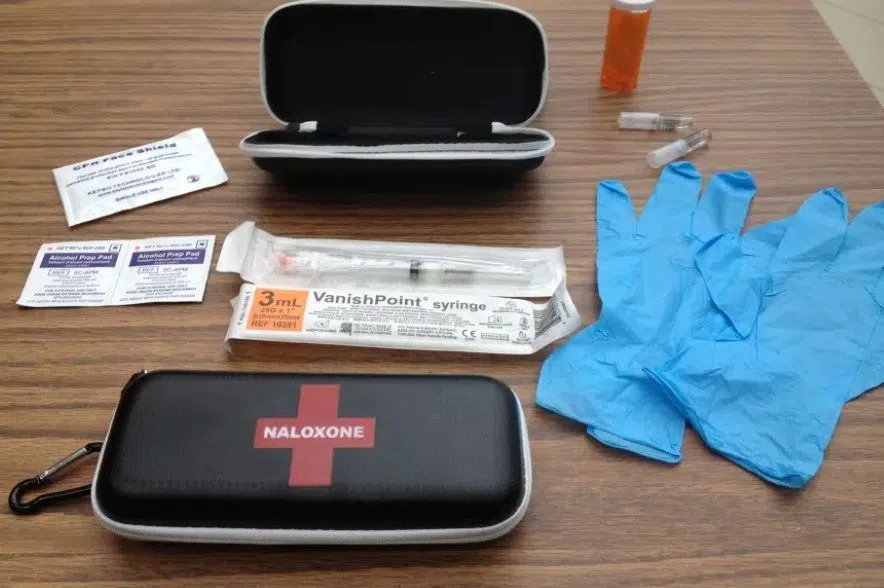With the number available as of Monday, Saskatchewan may have hit another record for drug overdose deaths in 2023 — potentially putting the tally at eight of the last nine years in which the province has hit a record.
The current numbers go up to Dec. 31, and show 291 confirmed drug overdose deaths in 2023, with another 193 suspected.
If all of those suspected deaths are confirmed, that would put the province at 484 overdose deaths, which would beat the current record of 404 from 2021. Even if half the suspected deaths are confirmed, that would still put the number of deaths in 2023 above the total reported in 2022, when there were 356.
Every year, Saskatchewan has hit a new record for overdose deaths, except in 2022. At the time, chief coroner Clive Weighill said the lower number could signal a plateau in deaths.
The vast majority of the drugs found in people’s systems after their overdose death was some form of fentanyl and more than half the deaths reported were men.
Close to half the confirmed overdose deaths were recorded in Regina, with 127 in 2023; there were 65 in Saskatoon. Both those numbers were lower than they had been since 2020.
Minister touts strategy
In just the last week, the provincial government has announced 74 new treatment beds to help with the mental health and addictions problems — 14 in Saskatoon and 60 in the Lumsden area. The latter facility will be the largest addictions treatment facility in the province.
It’s part of the province’s commitment announced in the fall to add 500 new treatment spaces in the province.
Tim McLeod, Saskatchewan’s minister of mental health and addictions, said that promise will more than double the number of treatment spaces available in Saskatchewan.
“We are constantly evaluating the services that we’re providing and the locations where they’re offered so that we’re delivering the services to the people of Saskatchewan where they need (them) when they need,” McLeod told guest host Taylor MacPherson on the Evan Bray Show on Monday.
The new spaces focus on a recovery-oriented system of care rather than the 28-day system, explained McLeod.
“This is a system of care treatment (that provides) a lot more holistic (and) individualized (assistance) for the specific individual so that they’re receiving the treatment that they need and meeting them where they’re at on their recovery journey,” he said.
The minister said the government is also working on making help easier to access. He talked about things like rapid access counselling and people being able to self-refer through a central hub.
McLeod said the idea is to offer whatever people need to be provided and be able to meet them where they’re at.
“If it’s better for the individual and their life circumstances that maybe they receive outpatient treatment or virtual treatment, then those services can be accessed,” he said.











